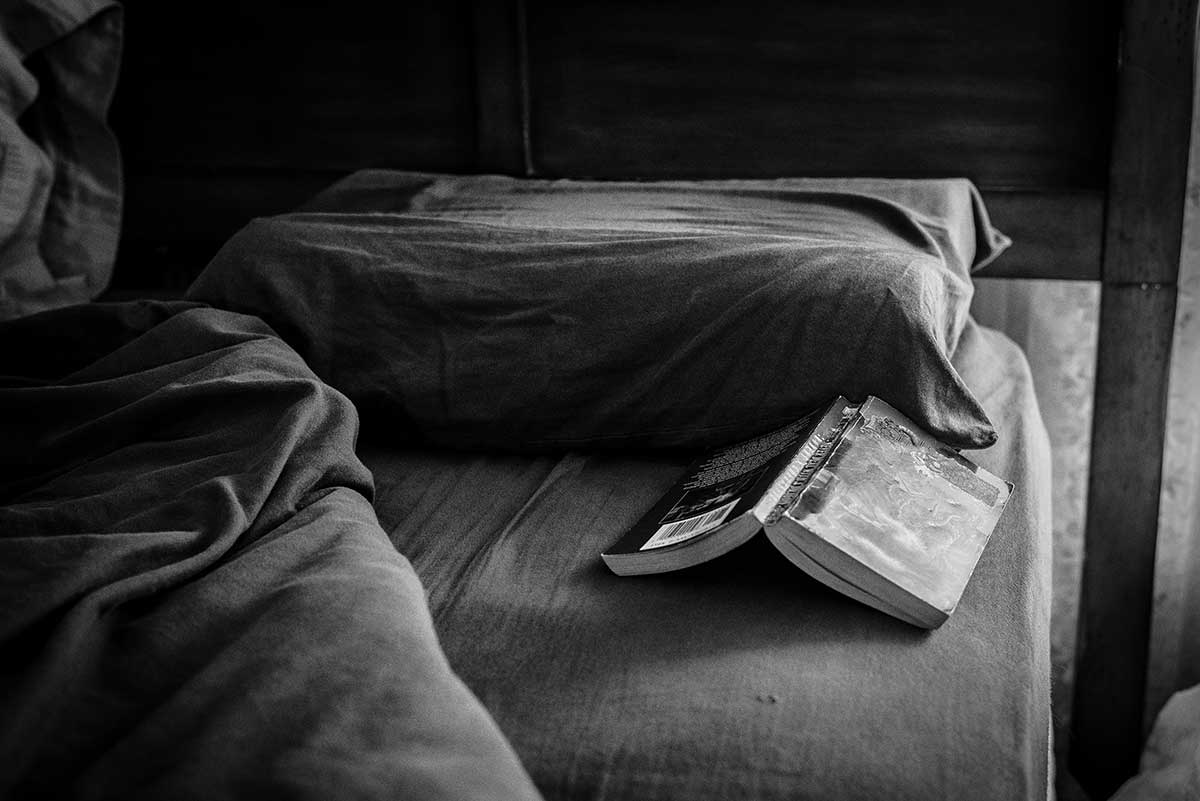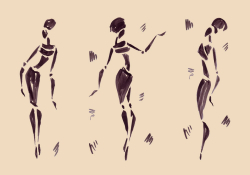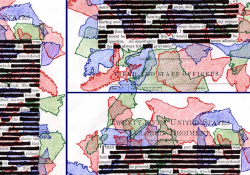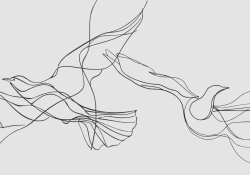Five Poems

9:40 a.m. / Venipuncture
The way they step on one another’s heels
until a spindle-legged woman with dyed
hair trips in the queue, and all stick
their necks forward for fear someone
might overtake them on the production
line behind the door they all strive to get
to, and on which three lab nurses
squat like giant mosquitoes, sucking
blood from seven in the morning, it’s now
getting on to ten and no one knows yet
what is to come, if this will be enough
or they will be ushered into an inner
room from where further doors open.
Outside, throbbing fall holds out
its rich grapes. The sun glows
relentlessly on the translucent berries.
Metamorphoses
You start awake in the middle of the night
to glimpse by your head, lying on the white
bedsheet, an unstirring, black vermin,
it’s watching you. You sweep it off with the pillow
and look for it on the floor, hoping it was
a stag beetle. Seeing the light on, the one you love
comes in: Anything wrong? he asks.
Now you can tell you had imagined the scene, only
because you don’t shrink as you normally would,
had you not dreamt it. No, nothing, you answer.
While knowing something’s wrong. The one who lay on your
pillow a while ago is now watching you, black, unstirring.
The Place
The place, this cat, lives on. Indifferent
to our passing, it lies down on the windowsill,
giving us a cue: inside there are more rooms.
It looks out languidly and invites us in.
We were sitting on the green sofa. The Big Ben–like
tower music always reminded me of the death knell.
It would sound unexpectedly in the middle of conversation,
our time is up, the clock struck, it announced
and I would grab a parent’s hand and tug
at it: let’s go! Danger is lurking here.
On the wall my uncle of tragic fate
sat embracing his young wife
on a bough. How preposterous!
How could the slender girl in diaphanous
clothes and the serious-looking young man
sit embraced on a bough! Yet I clearly remember,
they sat there. The famous painter of the thirties
immortalized them. I don’t know where the crafty
device produced the music, if it was incorporated
in the back of the frame, or if there was
a wall clock nearby. And in the meantime
the grown-ups’ conversation, for instance:
“at the horrors her hair turned white overnight.”
They said it in a whisper so we wouldn’t hear, but we
caught it of course, munching our gingerbread.
My uncle’s family should have moved out of that
apartment. So, they all died before time.
I wanted to tell them in parting. But who
would listen to a twelve-year-old?
Beneath the tree in the picture the well-known figure,
the Reaper was seen: he was sawing (!) the tree.
I saw it all very clearly.
The Constancy of the Trojan Horse
The Trojan horse knocked on the door shyly
and came in with a clopping on the floor.
Hoof of a horse, I smiled to myself, then as I saw
the evergreen bouquet clumsily pressed
to his side, I chuckled inwardly:
gift of a stalking horse, and was amused by
my comparison. I offered him a seat,
disheartening him who, with a sideways
jerk of his head, gestured no,
to escape the pangs of sitting down.
There was a smell of freshly planed
wood. With a small sigh I thought of my
approaching birthday and looked out
for a last time at the world beyond
the window: church tower, rooftops,
short-flighted, sick pigeons.
As if about to start down the slope,
my visitor gave me an embarrassed
look, but soon an impatient snort
was to follow. I quickly realized:
this is the signal. From then on,
I remember exactly, I wished I could
stop my ears, not to hear the dreaded
wailing. The warriors might just as well
sleep on, or play cards in the horse’s
belly, no need to jump out with frightful
battle-cries, shaking their murderous
weapons at us. The trick works
every time. Here I sit with arms pressed
to my side, covering my face. And every time
they will slaughter me, and I am as surprised
as the first time it came to pass.
An Autobiography
When you start awake in the middle of the night,
unable to fall back asleep, you open
a book read umpteen times to find out
that the characters behave differently
and the plot takes another turn than you had
read, blindly, before. You idly gloss over
the description of lovers’ heart-rending good-byes
but the whip’s whizz on the twitching
hide of the jade unable to trudge
its load of coal echoes in your ear,
and you wail and weep like the impotent
elderly. Like your kin harnessed to the cart,
you scamper up and down, motionless.
Before your wide-open eyes fixed on the letters
the judgment of the axe suspended by a hair
takes shape: that you withheld the last drop
of water from the thirsting, although you knew the pain
of the cracked (mother)tongue; that you have lived
a stranger’s life instead of your own, and suchlike
charges. Like a newborn who would only
live for a few years, you cannot decide if
to get out of your swaddling-clothes and
shiver among the other outcasts.
Translations from the Hungarian
By Erika Mihálycsa
Editorial note: From Viszonyok könnye (1992), A letakart óra (2001), and A test imádása (2010).















